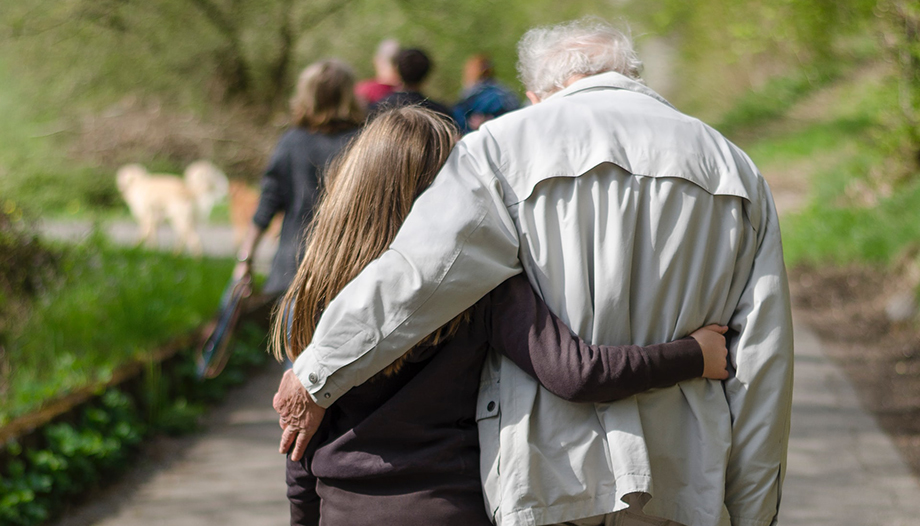"Do not mock the old man, for we too will grow old. Do not rejoice at anyone's death; remember that we shall all die. Do not disdain the speeches of the wise, but meditate on their proverbs, for from them you will learn instruction and the art of serving the great. Do not despise the speeches of the elders, which they also learned from their fathers". Thus sings the book of Ecclesiasticus to the value of old age. The elders, the elders, are, in the Bible, the depositaries of the treasure of the people of Israel and the privileged channel of the divine word. It is not surprising, therefore, that old age, its value and care, have been an inherent part of the spirit of the Church throughout the centuries.
In recent years, the pastoral care of the elderly has become one of the key issues of the Church in the 21st century. There are several reasons for this urgency: the growing average age of the Catholic faithful, especially in Europe, and on the other hand, the marginalization, underhand or direct, of the elderly "as a consequence of a disorderly industrial and urban development", which St. John Paul II had already warned about in the Familiaris Consortio.
Indeed, from the currents of modernity and hedonism come the sludge of policies of elimination and discrimination against the elderly: the discarded in our materialistic society. This is an idea that, dangerously, can creep almost unconsciously into the Church itself, and against which, every day, as Pope Francis proposed in a homily at Santa Marta, we should ask ourselves in an examination of conscience: "How have I behaved today towards children and the elderly?
"Rectifying the current negative image of old age is therefore a cultural and educational task that must involve all generations", as the document The Dignity of Older People and their Mission in the Church and in the World points out, "there is a responsibility towards the elderly of today, to help them to grasp the meaning of age, to appreciate their own resources and thus overcome the temptation of rejection, of self-isolation, of resignation to a feeling of uselessness, of despair. On the other hand, there is the responsibility towards future generations, which consists in preparing a human, social and spiritual context in which every person can live with dignity and plenitude this stage of life".
Pope Francis, in the letter- message for this 1st World Day of Grandparents and Older PersonsHe recalled that "the Lord is eternal and never retires. Never" and continues to call workers to his harvest: "there is no age at which you can retire from the task of proclaiming the Gospel, from the task of passing on traditions to your grandchildren. It is necessary to get going and, above all, to go out of oneself to undertake something new".
The Message of the Holy Father on this first day is not simply an affectionate letter to the elderly, but also an appeal to every Christian to be part of the life of the elderly who have been suffering, for years now, from the pandemic of loneliness. An unacceptable reality for the Christian who must become that angel sent by God "to console our loneliness and repeat to us: 'I am with you every day'. He says this to you, he says it to me, he says it to everyone. This is the meaning of this Day, which I wanted to celebrate for the first time this year, after a long period of isolation and a still slow resumption of social life. May every grandparent, every elderly person, every grandmother, every elderly person - especially those who are most alone - receive the visit of an angel!"
The first of these Days launches the challenge of materializing this desire of the Pope with concrete actions of accompaniment, listening, closeness and tenderness towards those elderly people who, many times within their own families or communities, feel alone, undervalued or forgotten.
Encourage in parishes, families, neighborhoods... those initiatives of connection between generations that enrich our society and build the future that the elders dreamed and worked for their successors.
Director of Omnes. Degree in Communication, with more than 15 years of experience in Church communication. She has collaborated in media such as COPE or RNE.








